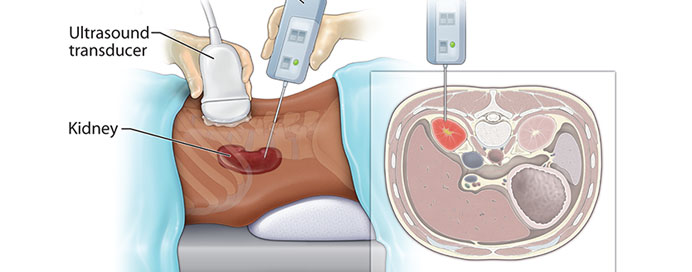Kidney Transplant & It’s Complications
Home / Dr. Rahul Deshpande
Our Services
- Rise In Creatinine
- Blood In Urine
- Acute Kidney Injury
- Glomerulonephritis
- Urinary Tract Infection
- Acid Base Disorder
- Fluids & Electrolyte Disorders
- Prostate Related Problems
- Leakage Of Protein In Urine ( Nephrotic/Nephritic Syndrome)
- Rapidly Progressive Renal Failure
- High Blood Pressure (Hypertension) & Its Related Kidney Complications
- Diabetes & It's Related Kidney Complications
- Chronic Kidney Injury & Its Complications
- Kidney Dialysis Therapy (Hemodialysis And Peritoneal Dialysis)
- Kidney Stone & It’s Medical Management
- Kidney Transplant & It’s Complications
- Interventional Nephrology - Renal Biopsy - Dialysis Catheter (Temporary & Tunnelled Catheters)
- Critical Care Nephrology (ICU Related Kidney Disorders)
- Onconephrology (Cancer Related Kidney Disorders)
Kidney Transplant & It’s Complications

Kidney transplants, the ultimate kidney swap! It’s like a superhero rescue mission for those whose kidneys have decided to retire early. However, like any superhero story, there can be challenges along the way.
Rejection: The body’s immune system might see the new kidney as an unwelcome guest and launch an attack. Immunosuppressive medications are the heroes here, keeping the immune system in check and allowing the new kidney to settle in.
Infection: Immunosuppression can also weaken the body’s defenses against infections. It’s a delicate balance between preventing rejection and avoiding infections, but with careful monitoring and preventive measures, it can be managed.
Side Effects of Medications: The medications taken to prevent rejection can have side effects. From high blood pressure to diabetes, these are the sidekicks that need to be kept in check.
Surgical Complications: The transplant surgery itself comes with its own set of risks. Bleeding, blood clots, and issues with the connection between the new kidney and the bladder are among the challenges.
Chronic Allograft Dysfunction: This is like the slow wear and tear of the superhero cape. Over time, the new kidney may not function as well as it did initially. Regular check-ups and adjustments in medication can help slow down this process.
Post-Transplant Diabetes: Some recipients develop diabetes after a transplant, often linked to the immunosuppressive medications. It’s another hurdle that requires careful management.
